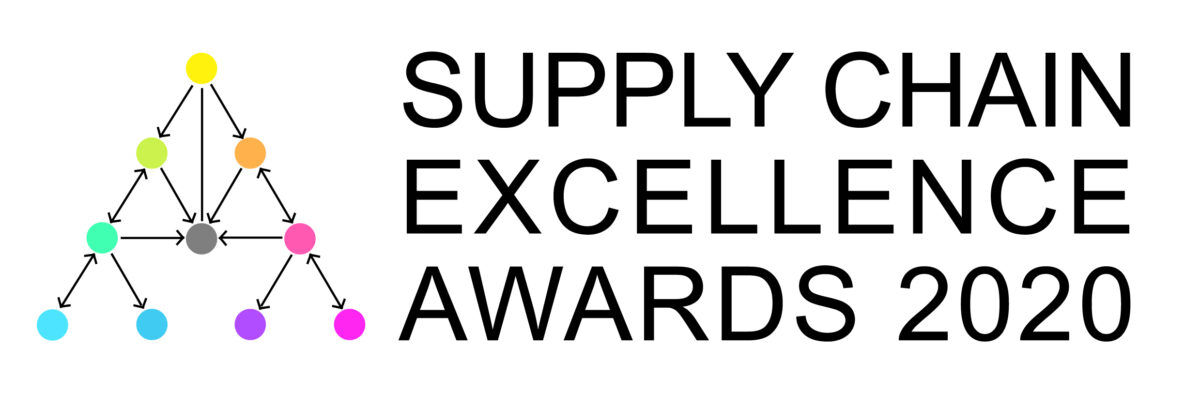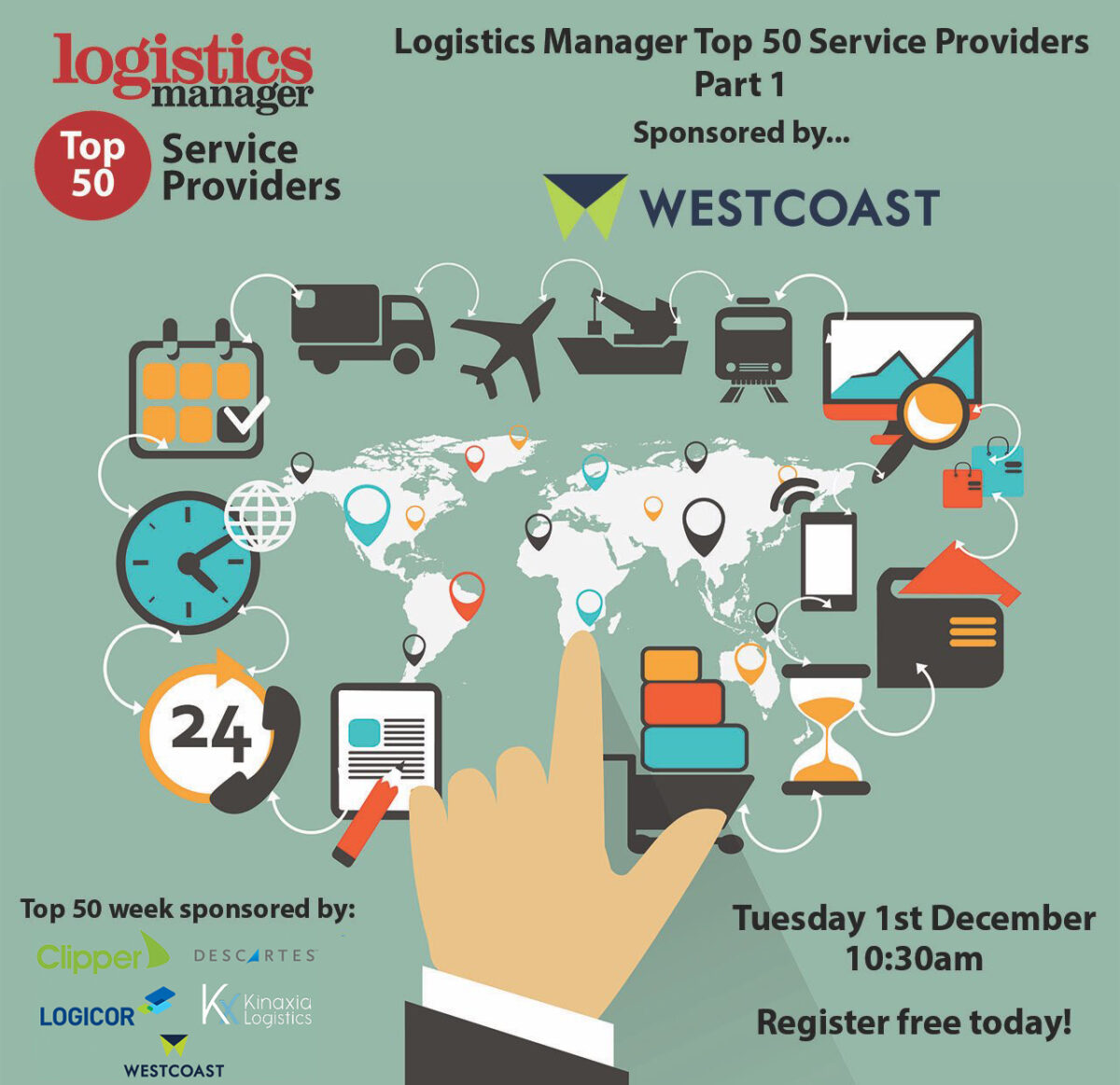Last month 70 global companies and 27 European business associations, all members of CSR Europe, got together in Brussels to launch Enterprise 2020 – an initiative designed to shape the business contribution to the European Union’s Europe 2020 strategy
Author: supplychainmag
As I write, the Prime Minister is involved in meetings of Cobra, the government’s emergency planning committee, to formulate a response to the discovery of a bomb on an aircraft at East Midlands airport.
Last year a report by Accenture, The sustainable supply chain, argued that organisations that take the lead in developing innovative supply chain strategies and then proactively embed sustainability within their operations will most likely stay ahead
It’s interesting to see how corporate attention to environmental matters can have a very real impact on the way companies drive efficiency in their supply chains.
It’s now more than 20 years since the notion of vendor managed inventory entered supply chain thinking. And, while there seem to be obvious benefits in involving the supplier in the management of a customer’s stock, the technique has not always produced
There is no doubt that the big retailers have played an major role in driving forward developments in supply chain.
Last week saw one of the most critical stages on the European Supply Chain Excellence Awards judging process – the presentations.
It’s all too easy to talk about supply chain strategies – but at the end of the day that strategy has to be put into practice. And all too often that is where organisations run into problems.
It’s been described as a “supply chain pile-up”. We are talking about the electronic components sector where supply imbalances have been causing problems across industry.
Slow steaming is here to stay, according to liner shipping giant Maersk. Eivind Kolding, Maersk Line chief executive, said last week: “For Maersk Line slow steaming is here to stay because it remains a win-win-win situation. It is better for our customers






